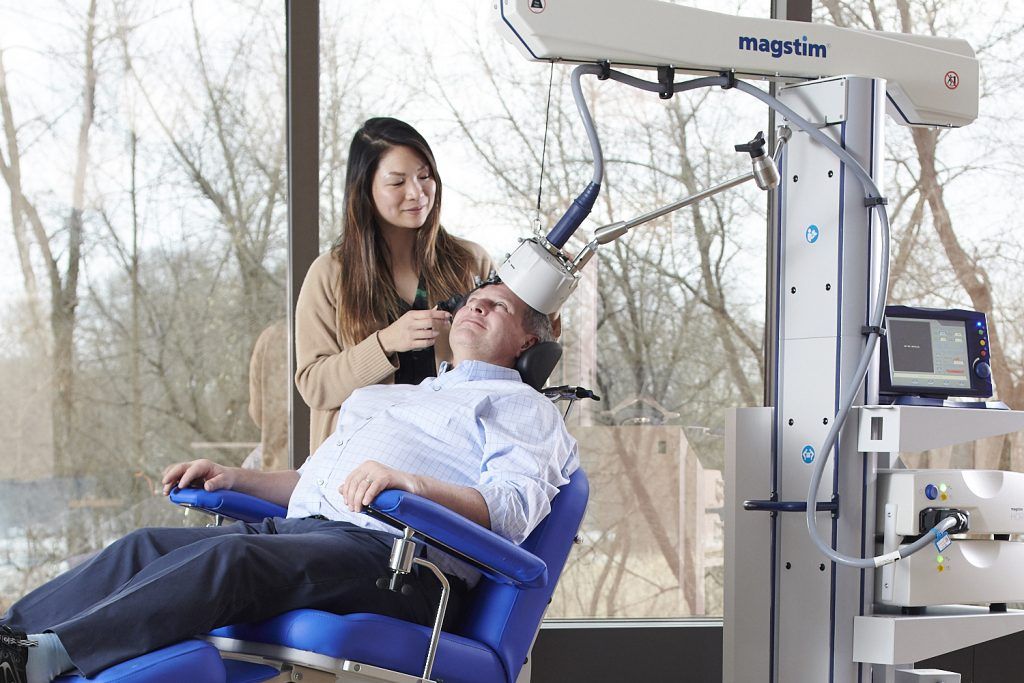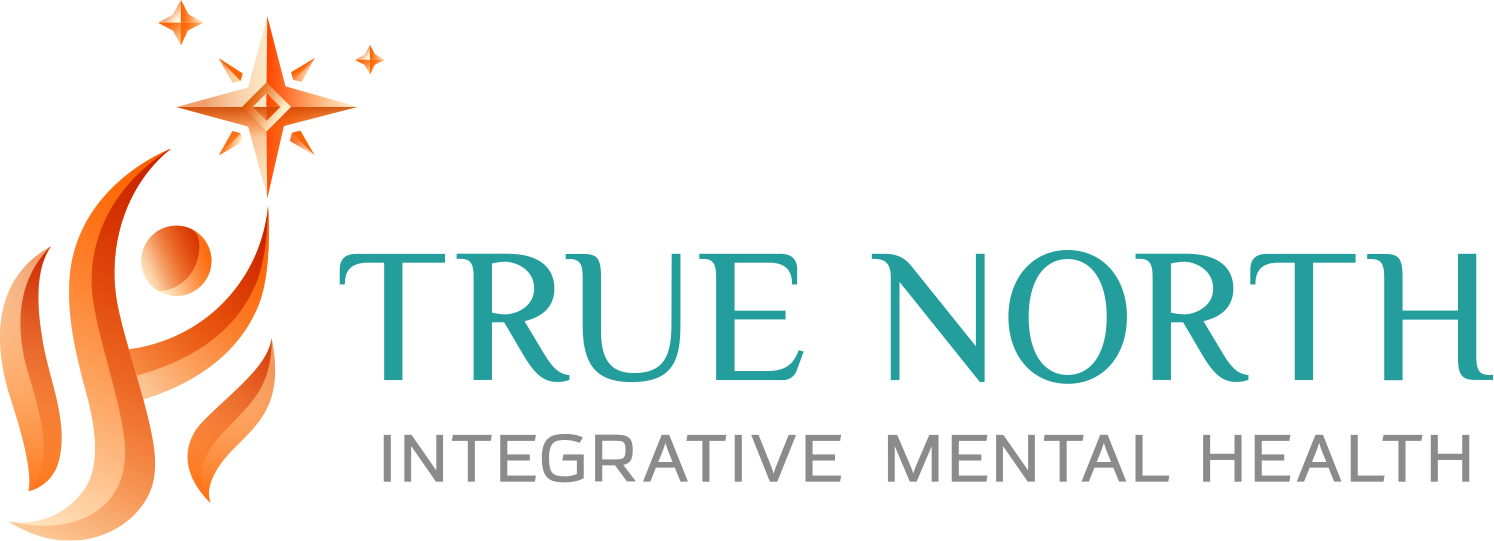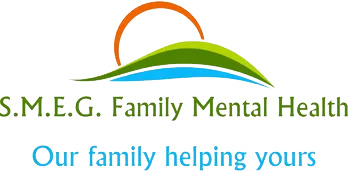Your Local TMS Therapy Clinic in Greenville NC
Magnet therapy that alleviates depression symptoms at the source.
S.M.E.G. is a family owned and operated psychiatric mental healthcare facility and TMS clinic located in Greenville, North Carolina. S.M.E.G. provides a variety of holistic and unique psychiatric health services for children, adolescents, adults, couples, and families.
TMS Therapy: A Brief Overview
The human brain has four different lobes that control specific functions. For example, the frontal lobe is responsible for personality, decision-making and reasoning, while the temporal lobe affects your memory, speech, and sense of smell.
Clinical research has proven that depression is primarily associated with the left dorsolateral prefrontal cortex, the area of the brain that is responsible for regulating a person’s mood. When you’re depressed, the neural activity in this part of your brain isn’t functioning optimally.
TMS therapy is designed to specifically target and treat this part of the brain. By repeatedly delivering low-impact electromagnetic impulses to this area, the neurons are stimulated in ways that restore function and help create new neural pathways that heal the brain.
These new neural pathways give the brain the ability to overcome the negative effects of major depression, anxiety, PTSD, OCD and other life-altering conditions.
Through TMS treatment, the patient begins to feel a lift in their mood as symptoms gradually start to decline over time, leading to an improved quality of life. As many as 70% of patients treated receive greater than a 50% reduction in symptoms. Approximately 60% of patients achieve complete remission. While TMS is not a permanent cure for depression or other psychiatric condition, most patients can expect to feel significant relief for up to 12-months.
Our Helpful Links
Schedule a Consultation
Get help with depression today!
It's important to know that you are not alone.
TMS Therapy Supports Mental Wellness
- Depression
- Lack of Joy
- Sadness and Despair
- Low Mood
- Lethargy
- Insomnia
- Oversleeping
- Social Isolation
- Self-Harm
- Substance Abuse
- Suicidal Ideation
- Alcoholism
TMS therapy is hope for remission from depression. A better quality of life can be yours with TMS.
What to Expect

During each TMS session, you will be seated in a comfortable chair in our office while a low-impact medical device is placed over your head near the area of the brain responsible for the condition being treated. Magnetic pulses are then sent through the device to stimulate the portion of the brain associated with the illness.
Each session lasts about 20 minutes, making it a procedure that is easy to incorporate into your daily schedule. Since TMS therapy is a non-invasive and a drug free therapy, you are free to drive, return to work and carry on with your day immediately after your treatment session. Treatments are every day, five times a week, for about a six-week period, for at total of 30-36 treatment sessions.
TMS therapy is not a permanent cure for depression or any other diagnosis. However, we refer to it as a 'temporary' cure, lasting up to and well beyond a year for many patients.
TMS is covered by most major insurance plans, including Medicare and Tricare for those who meet specific insurance guidelines. Learn more about TMS therapy by scheduling a free TMS consultation.
How Does
TMS Therapy Work?
In depressed patients, electrical activity in certain areas of the brain is reduced.
Watch our video about what Transcranial Magnetic Stimulation (TMS) is and how it works to combat depression.
Check your symptoms of depression
The PHQ-9 Depression Screening Tool helps to evaluate the severity of depressive symptoms.
Check your symptoms of anxiety
The GAD-7 Anxiety Screening Tool helps to evaluate the severity of your anxiety symptoms.
Check your symptoms of Mood Disorder
The Mood Questionnaire screens for symptoms that may be linked to bipolar spectrum disorders.
TMS Therapy Patient Testimonial
TMS therapy gave hope and brought healing to Vickie and Desiree - Magstim Patients
Get Started on a New Journey Today
Patients Forms
For your convenience we have provided most of our New Patient and TMS Therapy forms below.
Adult TMS Registration
Our TMS Registration Form pdf is based on the same information that will be required on your insurance’s prior authorization form. While we understand no one enjoys filling out these types of forms, we ask that you please be as thorough as possible.
TMS Exclusion Criteria
TMS Exclusion Criteria
Please complete the below pdf form prior to the start of your treatment. If you have selected any of the boxes under the Contraindicated Section, then TMS therapy is contraindicated and would not be a viable treatment option for you.
PHQ9 and GAD7
You can use the PHQ-9 and GAD-7 to screen for depression, as well as measure the level of symptom severity in people with depression. Both the PHQ-9 and GAD-7 can be used for other anxiety disorders such as phobias and generalized anxiety disorder.
















